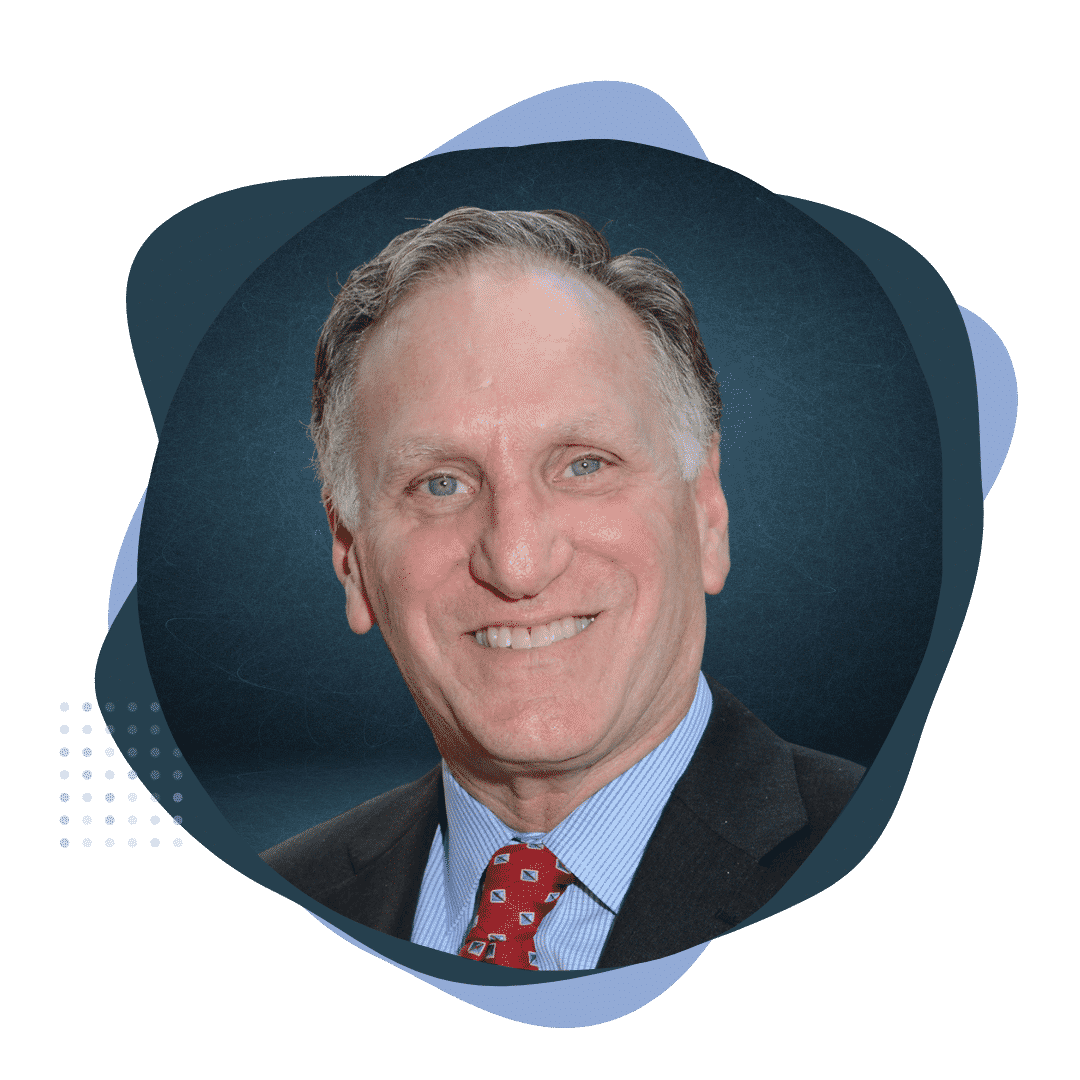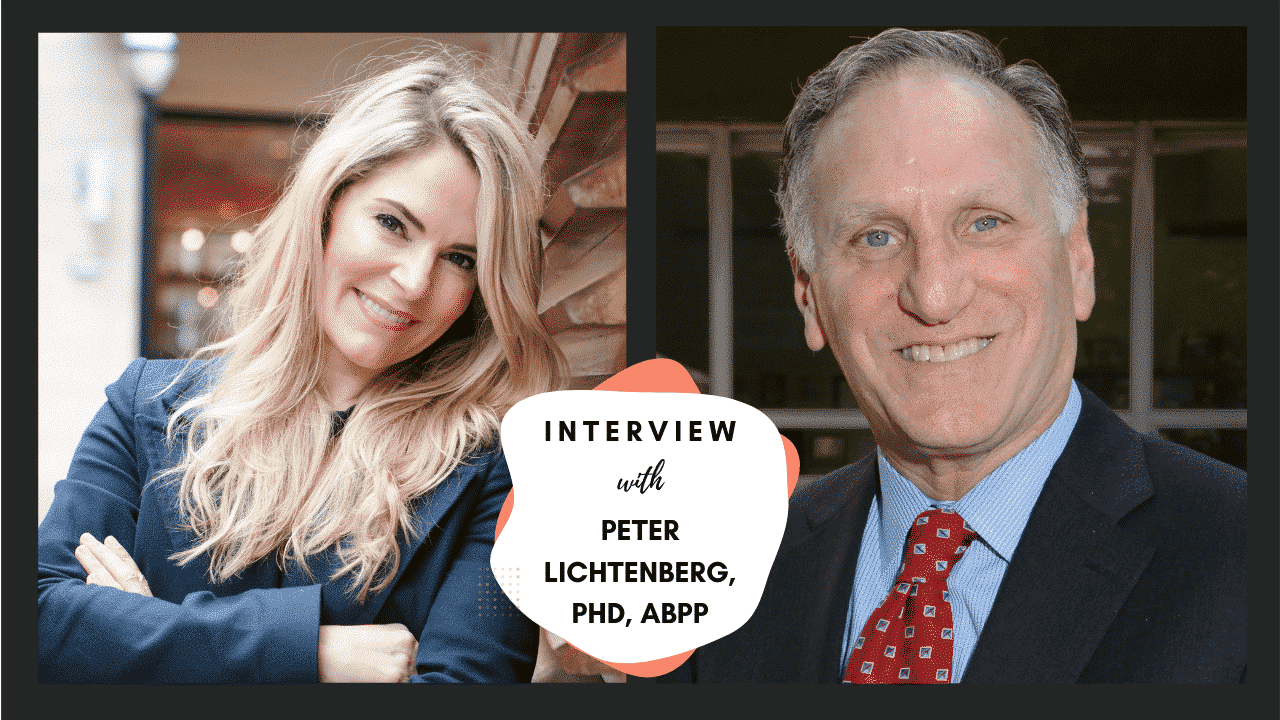Facts About Elder Financial Abuse & Exploitation
One out of every 20 older adults in the U.S. is a victim of financial exploitation, losing an average of $80,000 to $186,000 (olderadultnestegg.com). The vast majority of elder financial abuse cases are most likely to be somebody the older adult knows: family members (54%), 31% care workers, and 13% partners (Jackson, 2016).
Banks and money service businesses reported a 400% increase in suspicious activity from 2013-2017. The vast majority of this suspicious activity involved people over 60 (olderadultnestegg.com).
Today’s guest, Dr. Peter Lichtenberg, is a national expert in preventing financial abuse and exploitation and reducing its impact on older adults.
In this interview, Dr. Lichtenberg reviews:
- Examples of elder financial exploitation to help raise awareness
- What increases risk for financial vulnerability
- Resources to help older adults, caregivers, and professionals prevent elder financial exploitation
- The SAFE Program: Successful Aging thru Financial Empowerment
- Resources to help older adults recover from identity theft

About Peter Lichtenberg, PhD, ABPP
Peter A. Lichtenberg, Ph.D., ABPP is the Director of The Institute of Gerontology and the Merrill Palmer Skillman Institute, and a Distinguished Professor of Psychology at Wayne State University in Detroit, Michigan. A clinician and researcher throughout his career Dr. Lichtenberg, one of the first board certified Clinical Geropsychologists in the nation. He devotes his clinical and research efforts to better understand the intersection between cognitive impairment, financial capacity and financial exploitation; finding ways to balance autonomy and protection for older adults. Across the past decade he has created several tools to help assess financial vulnerability, and financial decision making capacity and partnered with the State of Michigan to have his tools implemented by Adult Protective Services. His website www.olderadultnestegg.com has attracted thousands of professionals, caregivers and older persons where narrated trainings and his scales can be found and used. The recipient of several major professional awards Dr. Lichtenberg has authored 7 books and over 190 scientific articles in Geropsychology.
About OlderAdultNestEgg.com
Older Adult Nest Egg helps assess financial decision making and determine financial vulnerabilities. It provides training, tools and resources for professionals, caregivers and older adults themselves. These results help identify those at-risk. And they can protect older adults from financial exploitation like undue influence, financial mismanagement and fraud. Learn more at www.olderadultnestegg.com and at the SAFE Program: Successful Aging thru Financial Empowerment
Learn More About Elder Financial Exploitation & Helpful Resources
- OlderAdultNestEgg.com
- The SAFE Program: Successful Aging thru Financial Empowerment
- National Center on Elder Abuse
- CFPB Office of Financial Protection for Older Americans
- Elder Financial Protection Network
- Federal Trade Commission Scam Alerts
Where to Report Elder Abuse
If you suspect abuse, you can do something about it. First, recognize the signs. It can be painful, but don’t ignore the signs. Instead, acknowledge the signs, then report the situation so it can be investigated. Here’s how:
- For imminent risk or harm, call 911
- File a report with the Division of Aging Services’ Adult Protective Services at 1-866-552-4464
- For older adults in Assisted Living, Senior Living, Personal Care Homes, Nursing Homes, etc, the DCH Health Care Facilities Regulation at 1-800-878-6442
- Long-Term Care Ombudsman
- Find your local Ombudsman by calling your local Area Agency on Aging.
- Call the Office of State Long-Term Care Ombudsman 1-866-552-4464
Related Elder Abuse Episodes:
- Elder Abuse and Elder Abuse Reporting Resources
- Elder Financial Abuse by Family Members: Schottenstein Family Story
- Preventing Elder Financial Abuse & Exploitation
- Legal Justice for Seniors: Ending Elder Abuse, Neglect, and Financial Exploitation
References:
- olderadultnestegg.com
- National Center on Elder Abuse, Research, Statistics, & Data, Retrieved on June 22, 2021 from: https://ncea.acl.gov/What-We-Do/Research/Statistics-and-Data.aspx
- Jackson, S. L. (2016). All elder abuse perpetrators are not alike: The heterogeneity of elder abuse perpetrators and implications for intervention. International journal of offender therapy and comparative criminology, 60(3), 265-285.





